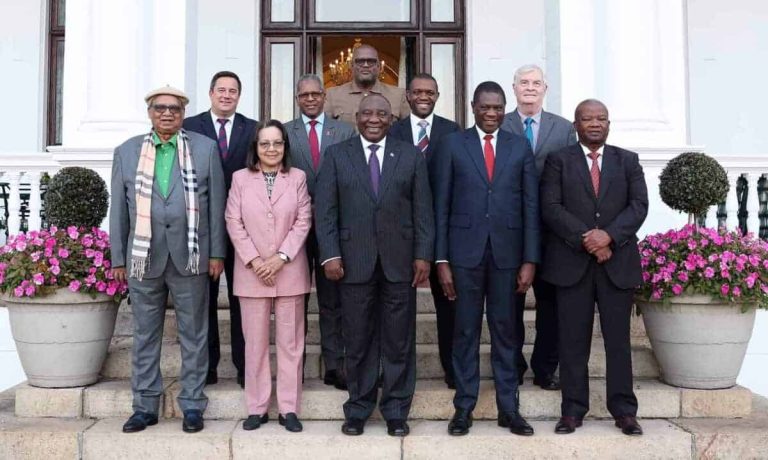
The Anambra State Police Command has reaffirmed its commitment to safeguarding the dignity and rights of all residents, issuing a stern warning against the enforcement of caste-based practices such as the Osu system, which it condemned as barbaric, unlawful, and incompatible with Nigeria’s constitutional order.
In a statement on Wednesday, Police Public Relations Officer, SP Tochukwu Ikenga, stressed that discriminating against individuals on the basis of caste amounts to a gross violation of the 1999 Constitution (as amended) and other anti-discrimination laws.
Quoting Section 42(1) of the Constitution, the Command reminded citizens that no Nigerian should face discrimination based on community, ethnic group, place of origin, sex, religion, or circumstance of birth.
It also cited Section 34(1), which guarantees the right to human dignity and prohibits degrading treatment, as well as the Discrimination Against Persons (Prohibition) Act, 2018, which criminalizes caste-based practices and prescribes penalties for violators.
“The attempt to deny couples the right to marry or live freely together on the basis of caste practices is unacceptable and unlawful,” Ikenga declared. “Once two consenting adults agree to marry, no cultural barrier or discriminatory custom has any legal standing to override their constitutional rights to family life, dignity, and freedom of association.”
The Command emphasized that Nigeria is governed by the rule of law, not oppressive traditions, and vowed to prosecute anyone found guilty of enforcing caste-based discrimination.
Citizens were urged to report incidents to the nearest police station and to foster peace, equality, and mutual respect in their communities.
“The dignity, freedom, and security of every individual remain a top priority for the Anambra State Police Command,” Ikenga affirmed.
The Osu caste system — an age-long practice in parts of Igboland — designates certain individuals as “outcasts,” historically dedicated to deities and regarded as socially inferior. Those labeled Osu have long suffered exclusion from leadership roles, rejection in marriage, and varying degrees of stigma.
Although widely condemned by human rights groups, religious institutions, and progressive Igbo leaders, remnants of the system still persist in some communities, fueling conflict, broken relationships, and subtle forms of segregation.
The Police Command’s intervention is seen as part of broader efforts to dismantle discriminatory traditions and reinforce the supremacy of constitutional guarantees over customs that undermine human dignity.



